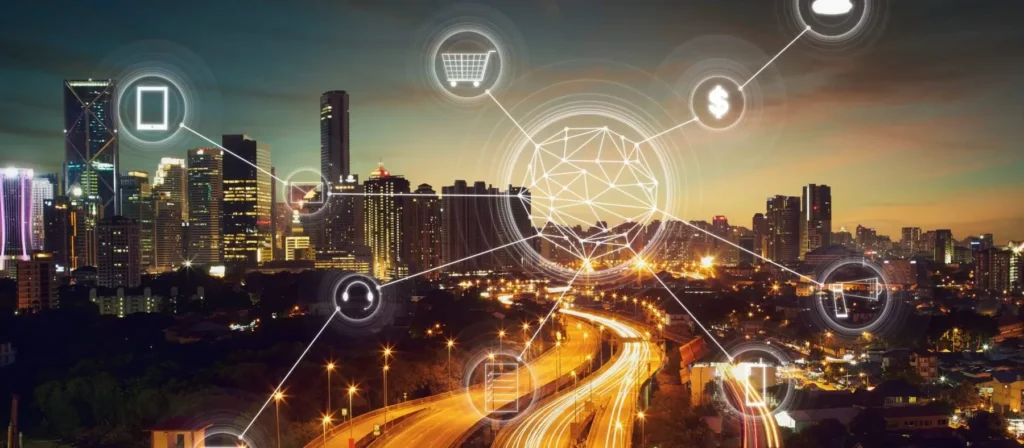
Gujarat’s Urban Development is Moving Forward
Gujarat is one of India’s states with one of the highest rates of urbanisation and industrialization. To improve the standard of living, infrastructure, and environment in its metropolitan regions, the state government has been putting numerous plans and programmes into action. The Smart Cities Mission, one of the main efforts, intends to deliver fundamental infrastructure and intelligent solutions to six chosen cities: Surat, Ahmedabad, Vadodara, Rajkot, Gandhinagar, and Dahod.
Leading the Way with Smart Cities in Gujarat
The Smart Cities Mission has been implemented in Gujarat’s six smart cities, which have been working on a variety of projects and initiatives involving e-governance, energy management, waste management, urban transportation, water management, and ICT. Some of their accomplishments’ high points include:
- 92% of Surat’s projects, totaling Rs 3,057 crore, have been finished. Some of the significant projects include the development of heritage and tourism sites, the installation of smart metres and solar rooftops, the construction of skywalks, flyovers, bridges, and BRTS corridors, and the use of intelligent traffic management systems.
- 74% of Ahmedabad’s initiatives, totaling Rs 2,000 crore, have been completed. The development of the Sabarmati Riverfront, the installation of CCTV cameras and public address systems, the use of smart health cards and smart classrooms are a few of the significant projects. Other noteworthy ones include the beautification and lighting of bridges including the Sardar Bridge, Ellis Bridge, and Nehru Bridge.
- With a total project value of Rs 1,600 crore, 82% of Vadodara’s projects are now complete. Among the significant projects are the renovation of Sursagar Lake and the Kala Ghoda River Bridge, the installation of LED streetlights and Wi-Fi hotspots, the creation of parks and gardens, and the deployment of an automated system for preventing land encroachment.
- With a total estimated cost of Rs 2,162 crore, 44% of Rajkot’s projects have been finished. Aji Riverfront Development, Smart Pole and Smart Bin Installation, Development of Cycling Tracks and Footpaths, and Smart Water Management System Implementation are a few of the significant projects.
- Half of Gandhinagar’s initiatives, totaling Rs 1,007 crore, have been finished. Among the major projects are the construction of the Mahatma Mandir Convention Centre, the setting up of solar power and rainwater collection systems, the creation of a sports complex and cultural centre, and the implementation of a smart parking system.
- 67% of Dahod’s projects, totaling Rs 647 crore, have been completed. Developing the lakefront area, creating a history walk, building a sewage treatment facility, building a bus terminal, building a train station and implementing a smart education system are only a few of the noteworthy initiatives.
By utilising technology, creativity, and public involvement, Gujarat’s smart cities have been setting the pace for urban development. While also boosting their economic competitiveness and social inclusivity, they have been fostering sustainable and habitable ecosystems for their citizens.

